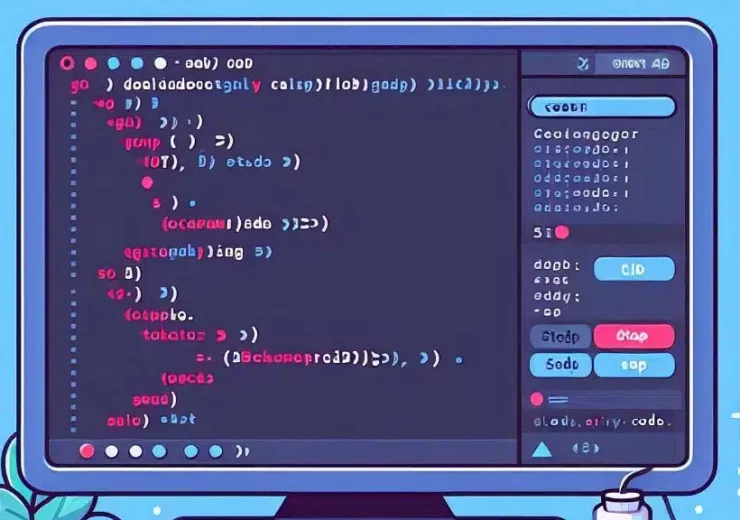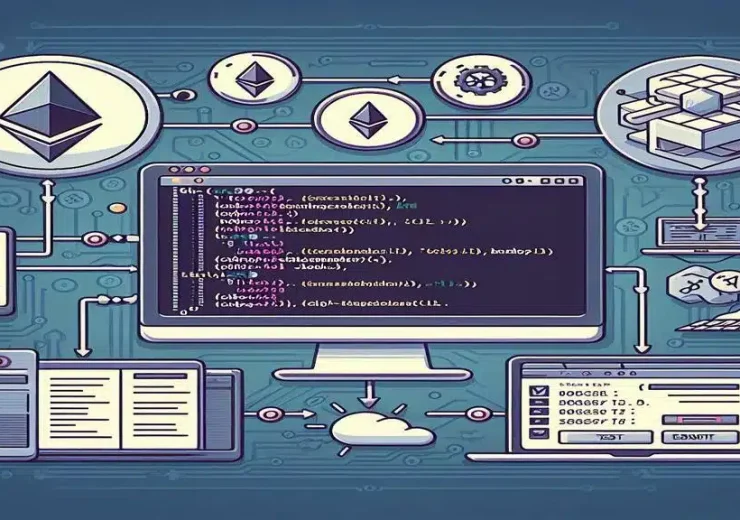The verification of smart contracts is essential to ensure security and transparency in blockchain projects. Tools such as Etherscan and Sourcify are analyzed, and their usage is detailed through Hardhat.
Guide on how to use Hardhat Ignition to deploy smart contracts on Ethereum-compatible networks. Various tools to automate the process are analyzed.
Hardhat allows for easy interaction with developed Smart Contracts through its interactive JavaScript console and the execution of script files.
There are multiple tools for debugging smart contracts in Hardhat, both systematically and casually. Systematic testing is done through unit tests, while casual testing involves manual interaction or scripts.
Hardhat is a development environment for creating smart contracts on Ethereum, offering tools for coding, compiling, debugging, and deploying. It is an alternative to other environments like Truffle and Foundry.
Solidity libraries in smart contract programming optimize gas usage and reduce the size of deployed code, allowing for function reuse.





